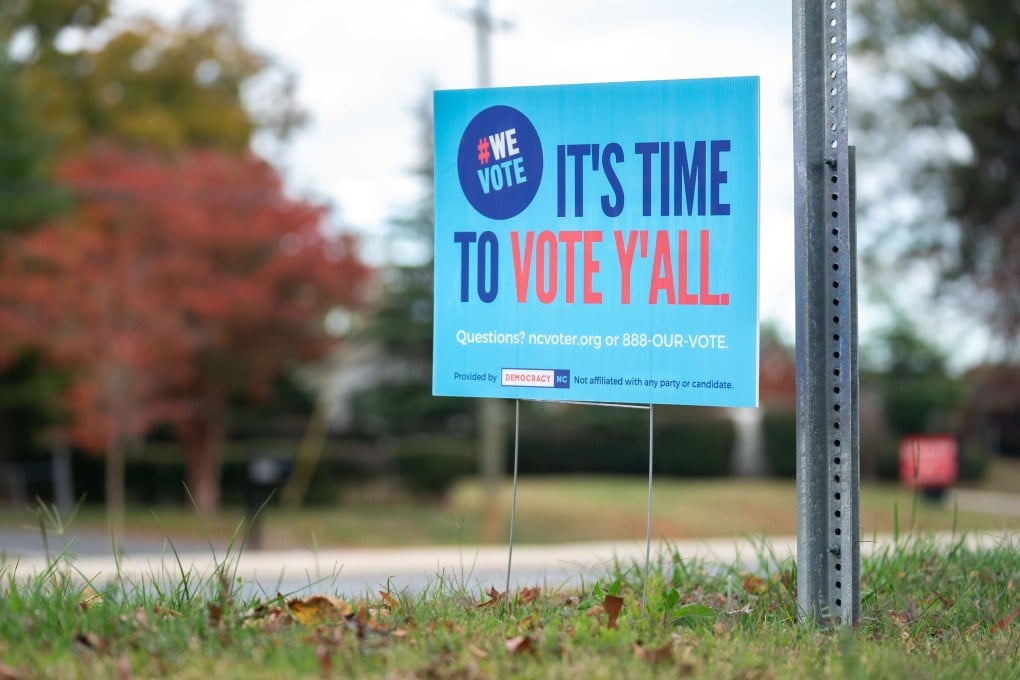Inside Out | With US as standard-bearer, democracies must first fix their faults to deserve their good name
- Democracies in action might be so dysfunctional that it is conceivable that some other forms of government might not be worse after all
- China’s model of economic and political management, often criticised in the West, has undeniably brought substantial benefits to its people

The current reality seems to be that democracy, as it is evolving in some countries, might have become such a hopelessly dysfunctional form of government that it is conceivable that some other forms might not be worse after all.
Criticism of China’s political system and its undemocratic qualities would be more valid if Western democracies were more credibly democratic. Perhaps more importantly, they need to do a better job of managing their economies, dealing with their deepening social problems and contributing effectively to solving global problems on which we share a common destiny – think multilateral cooperation on trade, management of climate change, and avoidance or mitigation of global pandemics.
The US might be the most obvious target of criticism. There is the egregious awfulness of some of its shortcomings, as well as its importance as the global standard-bearer for our democratic and free-market principles and the extent to which its domestic decisions have significant collateral effects worldwide.
